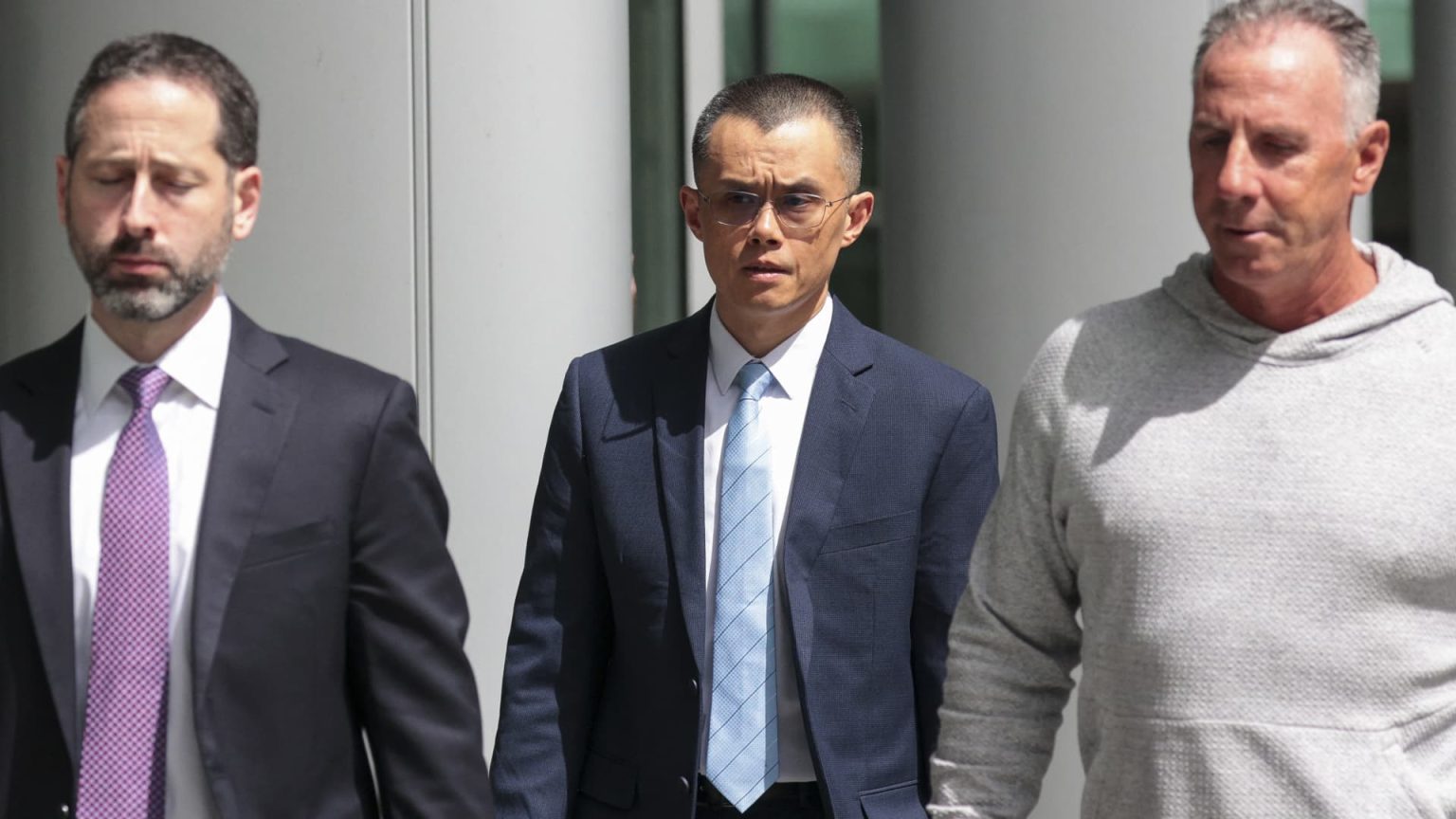Binance’s billionaire founder, Changpeng Zhao, has reported to a low-security federal prison in Lompoc, California. Zhao was sentenced to four months in prison in April after pleading guilty to charges of enabling money laundering at his crypto exchange. This sentence was less than the three years sought by federal prosecutors, with the defense team asking for five months of probation. Zhao expressed regret and took responsibility for failing to implement an adequate anti-money laundering program. In November, Zhao struck a deal with the U.S. government to resolve a multiyear investigation into Binance, stepping down as CEO as part of the settlement. Despite no longer running the company, Zhao is reported to have a 90% stake in Binance.
The scope of Zhao’s alleged crimes included failing to implement an effective anti-money laundering program and allowing Binance to process transactions involving proceeds of unlawful activity. The U.S. ordered Binance to pay $4.3 billion in fines and forfeiture, with Zhao agreeing to pay a $50 million fine. FTX’s founder and former CEO, Sam Bankman-Fried, is also serving time in federal prison after being convicted on all seven criminal counts against him in November. Bankman-Fried was sentenced to 25 years in prison in March for securities fraud conspiracy that affected his cryptocurrency exchange and a related hedge fund. He was also ordered to pay $11 billion in forfeiture.
Zhao’s remorseful tone in court and willingness to take responsibility for his actions set him apart from Bankman-Fried, who did not strike a deal with the government. Other members of Bankman-Fried’s C-suite cooperated with prosecutors, with Caroline Ellison, his ex-girlfriend and former CEO of Alameda, being a star witness for the government during his criminal trial. The contrasting approaches to legal proceedings and cooperation with authorities highlight the various strategies individuals may take when facing criminal charges.
The significant fines and forfeiture ordered against both Zhao and Bankman-Fried underscore the serious consequences of financial crimes related to cryptocurrency exchanges and securities fraud. These cases serve as a warning to others in the industry about the importance of implementing proper anti-money laundering measures and complying with relevant regulations. The legal actions taken against individuals like Zhao and Bankman-Fried also demonstrate the commitment of authorities to enforcing laws in the rapidly evolving world of cryptocurrency.
Despite the challenges faced by Zhao and Bankman-Fried, their experiences could serve as cautionary tales for others in the cryptocurrency industry. Both individuals had reached significant levels of success before facing legal troubles, highlighting the potential risks involved in not adhering to regulatory requirements and engaging in fraudulent activities. As the industry continues to attract attention and investment, it becomes increasingly important for companies and individuals to prioritize compliance and ethical practices to avoid falling afoul of the law.
Moving forward, the cases of Zhao and Bankman-Fried may prompt increased scrutiny and regulation of the cryptocurrency industry by authorities. The high-profile nature of these legal actions and the substantial penalties imposed on those found guilty of criminal activities could lead to stricter enforcement measures and a greater emphasis on compliance within the industry. As cryptocurrency exchanges and related businesses continue to proliferate, it will be crucial for stakeholders to prioritize legal and ethical considerations to avoid facing similar consequences.


